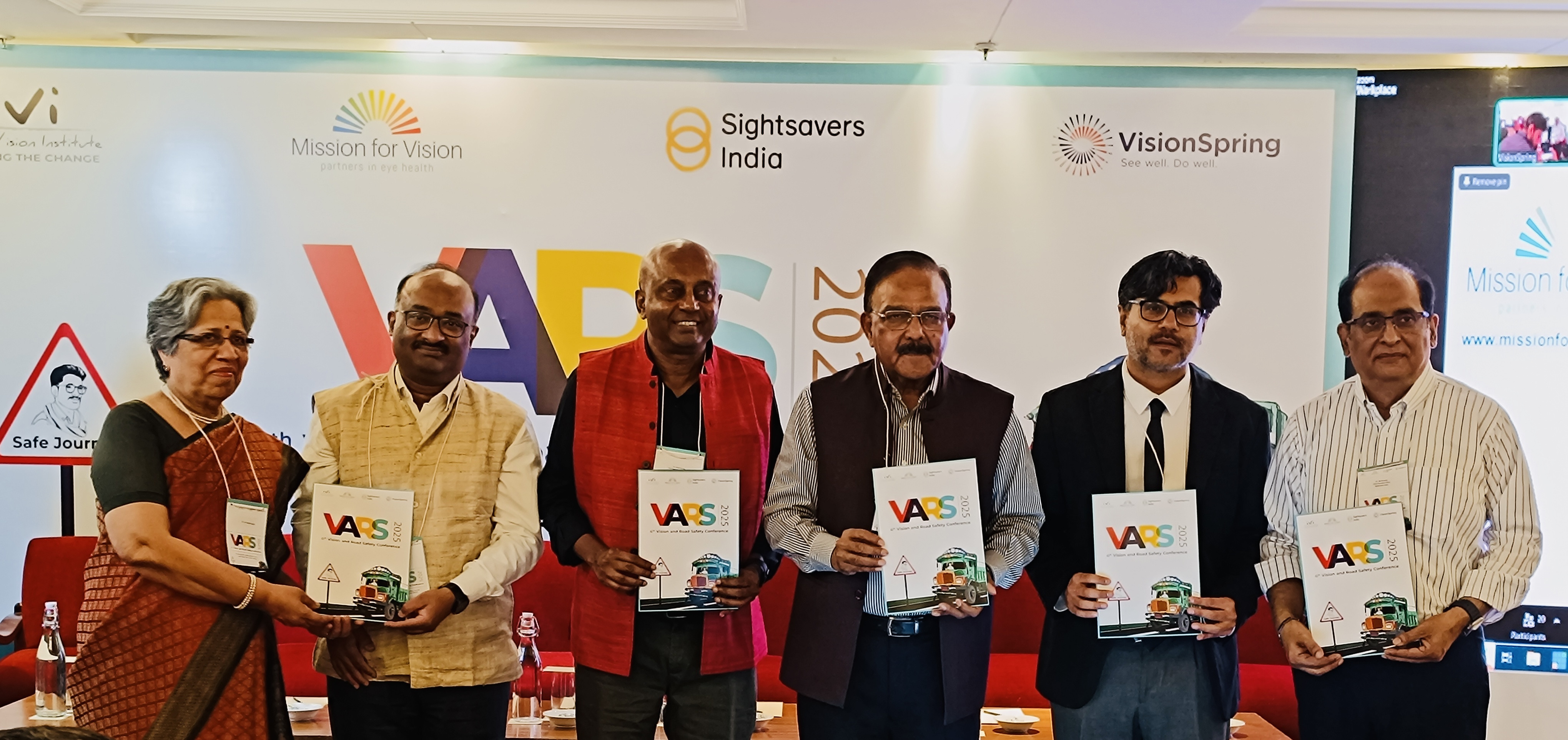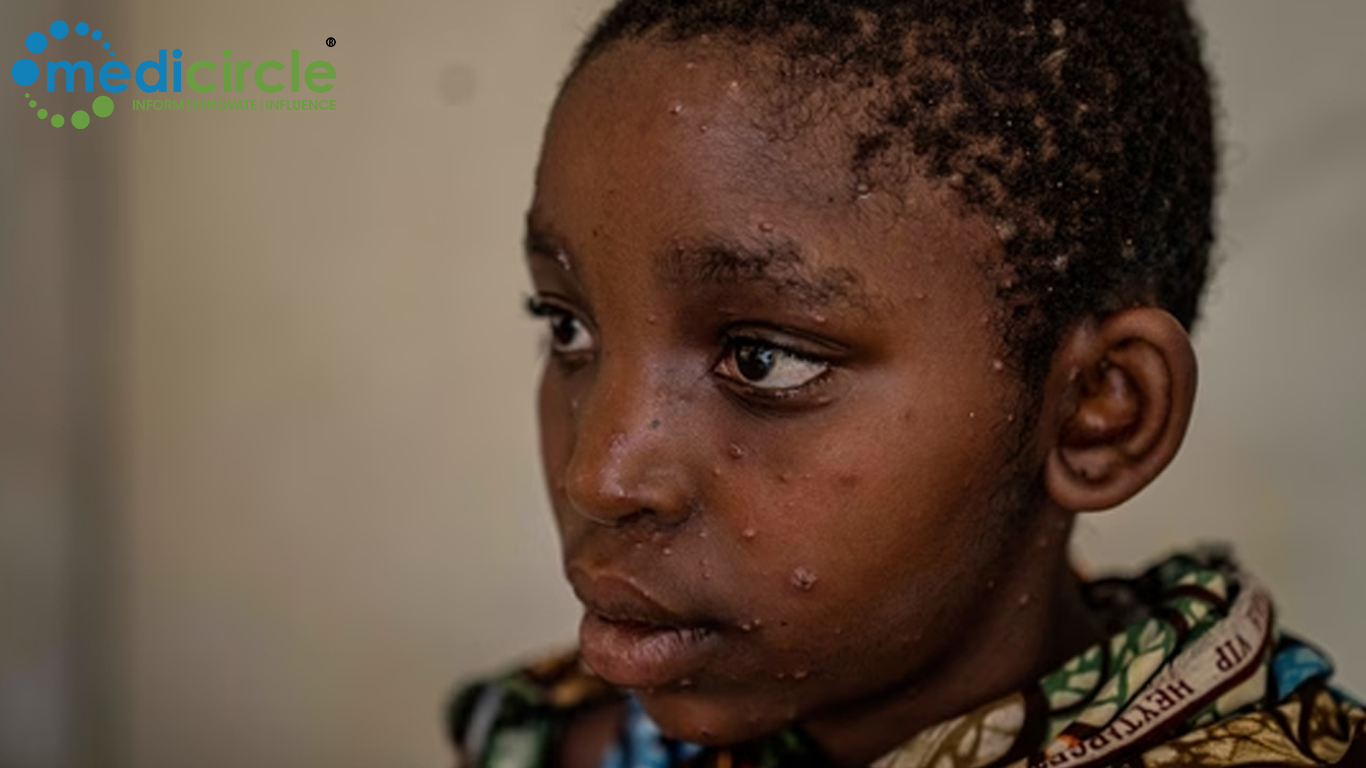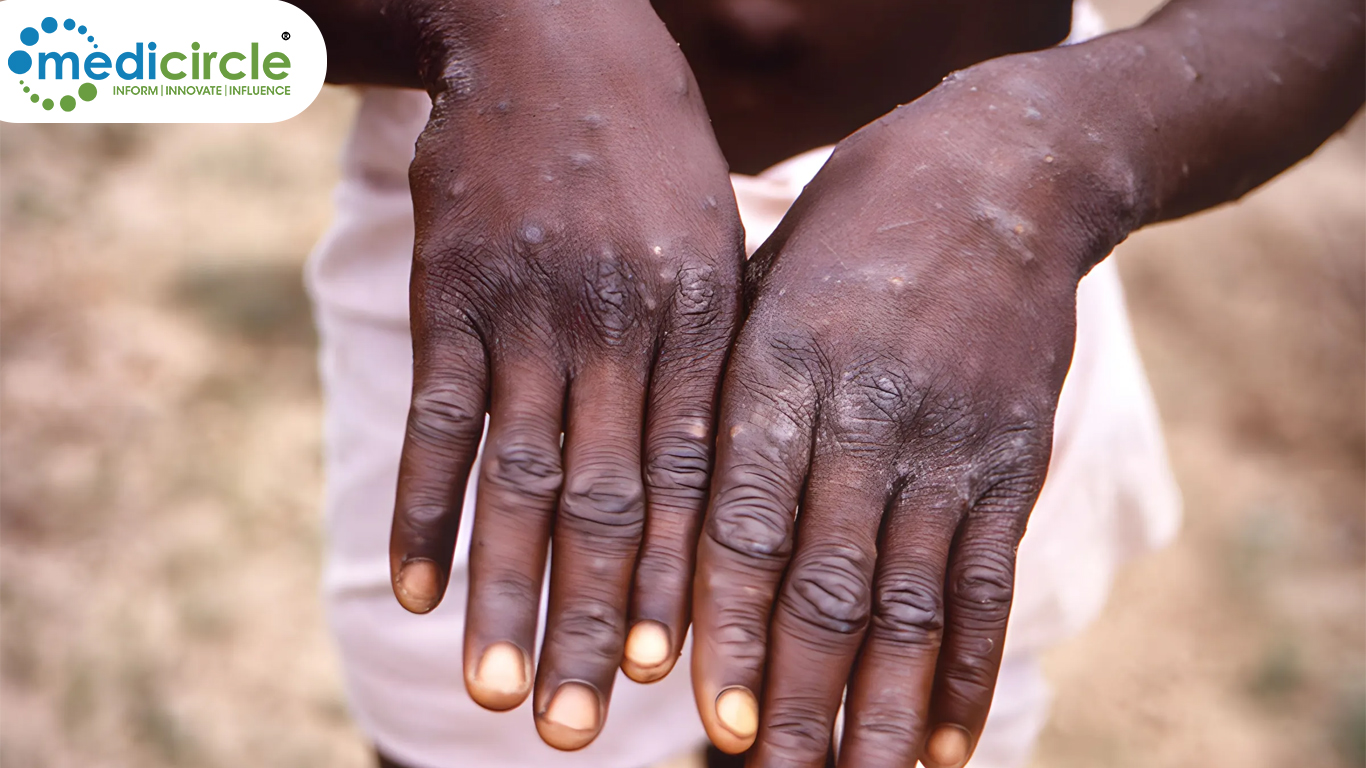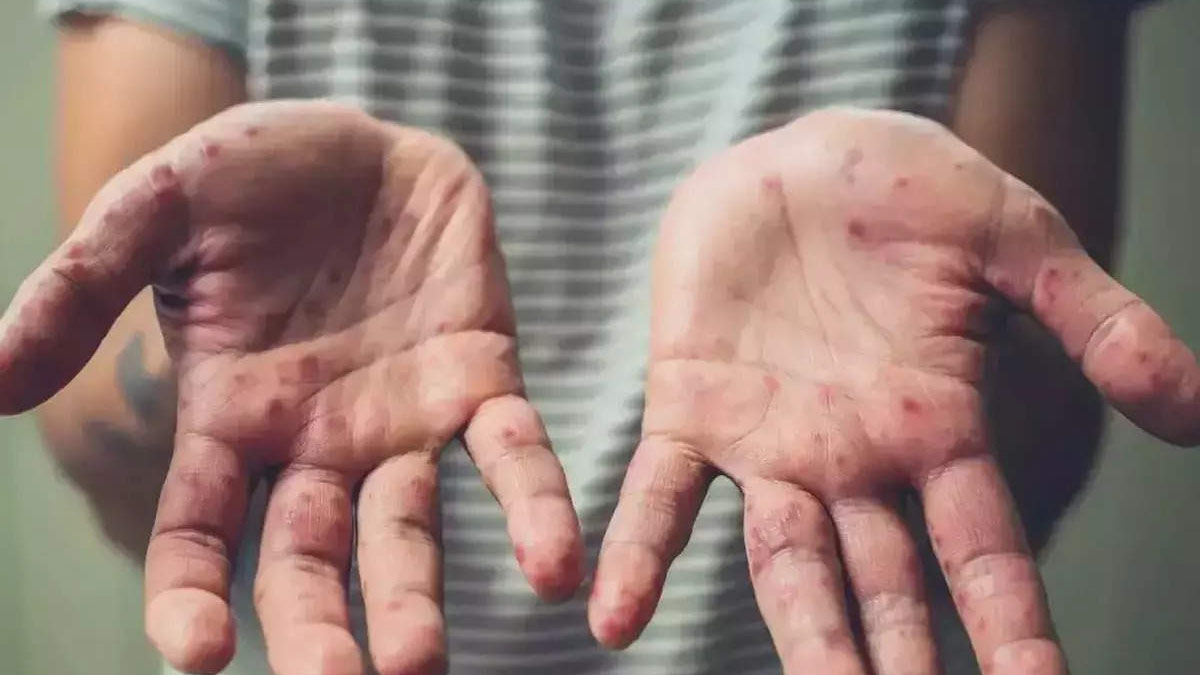On this World Mental Health Day, it is crucial to shine a light on the state of mental health in India. While mental health awareness has gained some traction in recent years, the reality remains that India is suffering with a serious mental health crisis. The numbers are staggering: according to the World Health Organization (WHO), India bears a mental health burden of 2,443 disability-adjusted life years (DALYs) per 100,000 people. In addition, the age-adjusted suicide rate stands at 21.1 per 100,000 population. This paints a grim picture of a nation where mental health is often overlooked, and the consequences are felt not only on an individual level but also across the economy, which is projected to suffer a USD 1.03 trillion loss between 2012 and 2030 due to mental health issues.
Despite these alarming statistics, the infrastructure to address mental health problems in India remains inadequate. The National Mental Health Survey (NMHS) from 2015-2016 reveals that India has only 0.75 psychiatrists for every 100,000 people, far below the WHO's recommendation of at least three psychiatrists per 100,000. These figures highlight the urgent need for increased attention, resources, and comprehensive mental health strategies to tackle this burgeoning crisis.
Mental health disorders are a significant contributor to the overall burden of disease in India. From depression and anxiety to more severe conditions like schizophrenia and bipolar disorder, the spectrum of mental health problems is wide-ranging and affects individuals across all demographics. Yet, the stigma attached to mental health issues in Indian society exacerbates the problem, making it difficult for many to seek the help they need.
For a country with a population of over 1.4 billion, the ratio of mental health professionals to those in need is alarmingly disproportionate. The 0.75 psychiatrists per 100,000 people is not just a number; it represents a dire shortage of trained professionals who can provide essential care and treatment. Moreover, it speaks to a broader issue of healthcare infrastructure that has consistently placed physical health above mental well-being.
The economic impact is no less daunting. The estimated loss of over USD 1 trillion due to mental health conditions between 2012 and 2030 exposes the fact that mental health is not just a personal issue; it is a societal and economic challenge. Lost productivity, absenteeism from work, and the long-term cost of untreated mental illness are contributing factors to this colossal financial burden.
In the global context, India's mental health standing is concerning. According to a global mental health report, India ranks 61st, which reflects the inadequacies of the current mental health care system. The report places the United Kingdom as the second-worst among leading nations, demonstrating that mental health challenges are not limited to developing countries. However, India's position at 61st indicates that there is still much work to be done to provide adequate care, reduce stigma, and implement effective mental health policies.
Countries like the UK have faced criticism for their handling of mental health services, but India’s challenges are even more complex due to its size, diversity, and socioeconomic disparities. The urban-rural divide is another key factor, with rural areas facing even greater shortages of mental health professionals and facilities. In a country where nearly 70% of the population lives in rural areas, the lack of access to mental health services becomes an even more critical issue.
India’s suicide rate is among the highest in the world, with 21.1 suicides per 100,000 people. While suicide is a global issue, the numbers in India highlight a particularly severe crisis. The reasons for this high suicide rate are complex and multifaceted. They include unemployment, financial stress, societal pressures, family conflicts, and a lack of mental health support. Additionally, there are specific groups that are disproportionately affected by suicide, such as farmers, young adults, and individuals in marginalized communities.
The high suicide rate also reflects the broader problem of untreated mental health disorders. Many people who take their own lives suffer from depression, anxiety, or other mental health issues that have gone unaddressed. This is not just a personal tragedy; it is a societal failure to provide the necessary support systems and care.
One of the biggest obstacles to improving mental health in India is the pervasive stigma that surrounds it. Mental health issues are often dismissed, misunderstood, or considered taboo. In many families, talking about mental health is seen as shameful or a sign of weakness. This stigma not only prevents individuals from seeking help but also leads to isolation, further worsening their mental health.
To address this, there needs to be a cultural shift in how mental health is perceived. Public awareness campaigns, education, and open conversations about mental health are crucial steps toward reducing stigma. Mental health should be treated as seriously as physical health, with the understanding that seeking help is a sign of strength, not weakness.
The economic toll of mental health issues is enormous, both for individuals and for the country as a whole. For individuals, untreated mental health problems can lead to loss of employment, financial instability, and long-term disability. For the country, the loss of productivity, increased healthcare costs, and social welfare expenditures create a significant economic burden.
According to the WHO, the economic loss due to mental health conditions in India between 2012 and 2030 is estimated at over USD 1 trillion. This figure reflects not only the cost of healthcare but also the lost potential of individuals who are unable to contribute fully to society due to untreated mental health problems. The economic impact is particularly severe in a developing country like India, where resources are already stretched thin.
Given the scope of the problem, what can be done to address the mental health crisis in India? First and foremost, there needs to be a significant increase in the number of mental health professionals. Training more psychiatrists, psychologists, and mental health workers is essential to meet the growing demand for mental health services.
In addition, the government must prioritize mental health in its healthcare policies. This includes increasing funding for mental health programs, building more mental health facilities, and integrating mental health services into primary healthcare systems. It also involves creating support systems for those who are struggling with mental health issues, including hotlines, counseling services, and community-based programs.
On a societal level, reducing stigma is key to encouraging more people to seek help. Public awareness campaigns, school-based mental health programs, and workplace mental health initiatives can all play a role in changing how mental health is viewed in India.
India’s mental health crisis is a complex and pressing issue that requires urgent attention. The numbers speak for themselves: high suicide rates, a shortage of mental health professionals, and a projected economic loss of over USD 1 trillion due to untreated mental health conditions. But these numbers also represent a call to action.
On this World Mental Health Day, it is time for India to make mental health a national priority. This means not only increasing access to care and reducing stigma but also recognizing that mental health is a fundamental part of overall health and well-being. By addressing the mental health crisis, India can improve the lives of millions of people and create a healthier, more productive society for the future.

 By addressing the mental health crisis, India can improve the lives of millions of people and create a healthier, more productive society for the future.
By addressing the mental health crisis, India can improve the lives of millions of people and create a healthier, more productive society for the future. 







.png)
.png)











.jpeg)

.jpeg)










.jpg)




.jpg)

